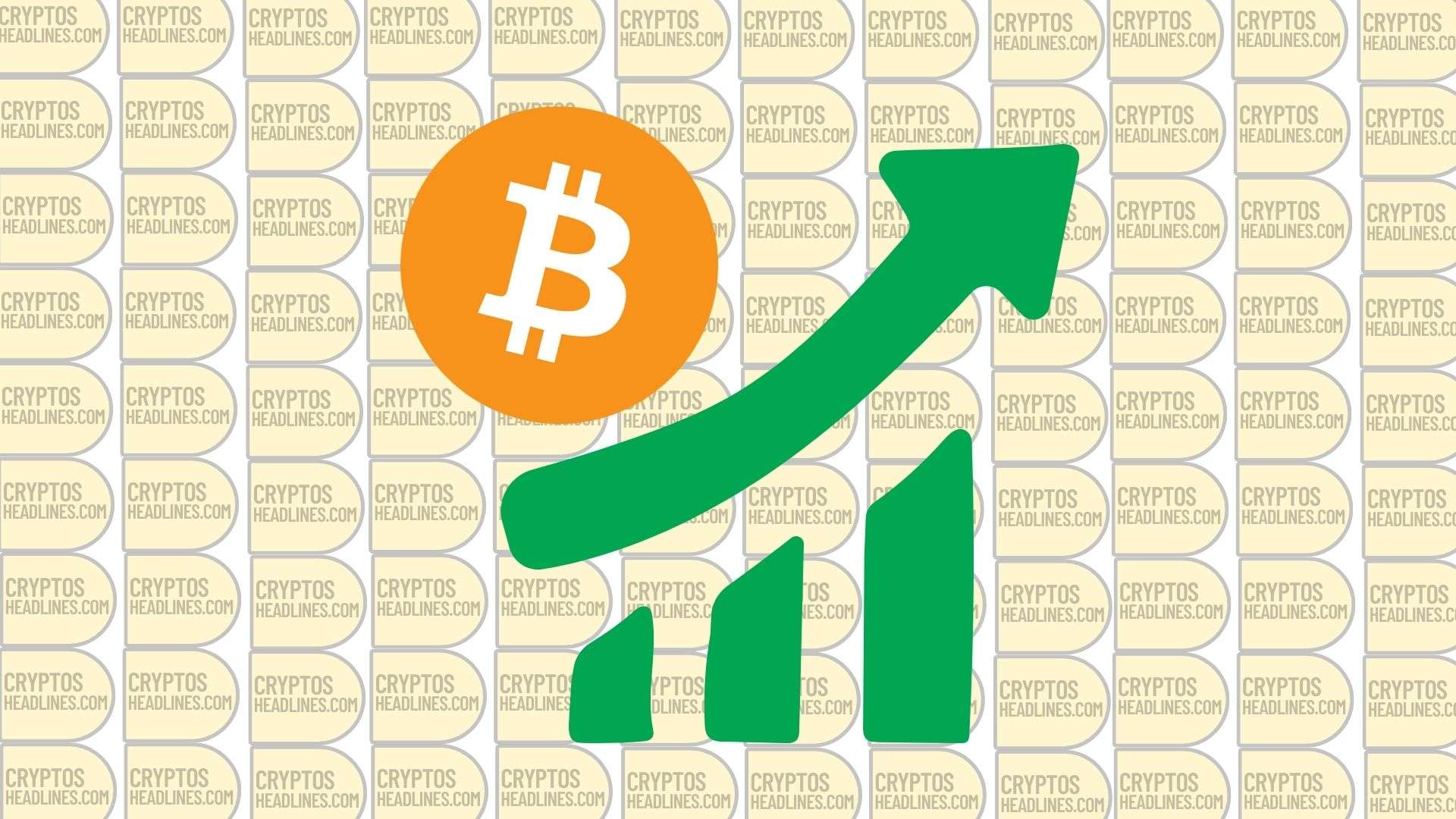Ethereum, the second-largest cryptocurrency globally, is encountering a significant challenge. There’s speculation that the U.S. Securities and Exchange Commission (SEC) might label its main cryptocurrency, Ether (ETH), as a security. This uncertainty has raised concerns about the risks of investing in Ethereum, given the unclear regulatory landscape.
This uncertainty has led to concerns about the risks associated with investing in Ethereum due to the unclear regulatory situation. The SEC’s attention on Ethereum intensified following its transition from a Proof of Work (PoW) to a Proof of Stake (PoS) consensus mechanism, allowing users to earn rewards by staking their Ether, akin to earning interest from bank accounts. This transition has sparked a debate over whether Ethereum meets the criteria of the Howey Test, which determines if something qualifies as an investment contract under U.S. law.
Ethereum’s Legal Status: Recent Developments and Market Volatility
Recent events have brought Ethereum’s legal standing into sharp focus. The New York Attorney General’s lawsuit against cryptocurrency exchange KuCoin for offering ETH as an unregistered security has added to the uncertainty. Additionally, comments from SEC Chairman Gary Gensler have suggested that Proof of Stake (PoS) assets like Ethereum could potentially be classified as securities. These developments have heightened concerns about Ethereum’s regulatory status.
SEC chair Gary Gensler suggests proof-of-stake tokens are securities… It’s a good thing #XRP isn’t a PoS tokenhttps://t.co/qaeMcgRnPK
— XRPcryptowolf (@XRPcryptowolf) March 15, 2023
The speculation surrounding Ethereum’s regulatory status has led to significant fluctuations in its market price. The mere possibility of Ethereum being subject to U.S. securities law has triggered sharp price declines, underscoring the market’s sensitivity to regulatory news. This volatility underscores the risks associated with investing in Ethereum, particularly in the face of regulatory uncertainty.
The implications of Ethereum being classified as a security are substantial, with far-reaching consequences for investors and the broader crypto ecosystem. Such a classification would subject Ethereum to stringent regulatory requirements, potentially altering its trading dynamics and governance structure. This shift could have profound effects on Ethereum’s market position, investor sentiment, and the legal landscape surrounding digital assets.
Navigating Ethereum Investment Amid Regulatory Uncertainty
As investors evaluate Ethereum as a potential investment opportunity, they must carefully weigh its intrinsic value and growth potential against the backdrop of regulatory uncertainties. The ongoing discussions surrounding Ethereum’s legal and regulatory status highlight the intricate balance between cryptocurrency innovation and regulatory frameworks. Given the uncertain outcomes of these debates, caution is advised for both current investors and those considering Ethereum investments in light of the possibility of regulatory action by the U.S. Securities and Exchange Commission (SEC).
Grayscale, a prominent player in the cryptocurrency investment space, remains optimistic about the prospects of spot Ether (ETH) exchange-traded funds (ETFs) despite recent concerns regarding the SEC’s engagement with applicants. Grayscale’s perspective suggests that regulatory processes can be complex and that perceived regulatory silence should not necessarily signal negative outcomes. Despite the uncertainties, Grayscale maintains confidence in the eventual approval of Ether ETFs and remains undeterred in its investment outlook.
1/ Recently, there’s been a lot of chatter about spot #Ethereum ETFs. I personally am not deterred by it and believe the ETFs should be approved. But right now I want to talk about how I think perceived “lack of SEC engagement” should be viewed at this point:
— Craig Salm (@CraigSalm) March 25, 2024
Navigating Regulatory Hurdles for Spot Ether ETFs
As spot Ether ETFs face regulatory scrutiny, industry experts highlight the groundwork laid during the approval process for spot Bitcoin ETFs. According to Salm, many of the challenges currently encountered by spot Ether ETFs were addressed during the approval journey of their Bitcoin counterparts. These included establishing procedures for creation and redemption, devising cash and in-kind models, ensuring asset protection, minimizing losses, and addressing custody concerns.
Salm emphasized the extensive involvement of the SEC in resolving similar issues before the approval of spot Bitcoin ETFs. As a result, issuers now find themselves with fewer regulatory hurdles to navigate. This suggests that the regulatory landscape for spot Ether ETFs has already been significantly shaped through prior engagement with the SEC.
Despite the regulatory complexities, Salm remains optimistic about the prospects of spot Ether ETFs, asserting that the case for their approval is as robust as it was for spot Bitcoin ETFs. This sentiment reflects ongoing efforts within the industry to address regulatory concerns and pave the way for the broader adoption of cryptocurrency investment products.
Navigating Regulatory Challenges for Spot Ether ETFs
ETF issuers are confronting an additional hurdle in their pursuit to incorporate staking into spot Ether ETFs, as they work to address concerns raised by regulators. Among the firms seeking to integrate staking into their spot Ether ETFs are Ark 21Shares, Fidelity, and Franklin Templeton.
Re Eth ETF approval, we are holding the line at 25% odds altho tbh it is a very pessimistic 25%. The lack of engagement seems to be purposeful vs procrastination. No positive signs/intel anywhere you look. Personally hope they do approve it but it just ain't looking good. https://t.co/nuBdCDE18L
— Eric Balchunas (@EricBalchunas) March 25, 2024
Analysts Eric Balchunas and James Seyffart from Bloomberg ETF recently expressed apprehension about the SEC’s apparent lack of engagement in the approval process. Consequently, they have revised their expectations for the approval of spot Ether ETFs in May down to a mere 25%.
In a recent post on X, Balchunas characterized this 25% probability as pessimistic, suggesting that the SEC’s silence might be a deliberate strategy rather than mere delay tactics.
Salm, on the other hand, highlighted a favorable development for spot Ether ETFs, citing the recent approval of Ether Futures ETFs regulated as commodity futures. This regulatory nod is significant as futures and spot products exhibit a high correlation, potentially paving the way for spot Ether ETF approval. Similar sentiments were echoed by Coinbase’s Paul Grewal and former CFTC Commissioner Brian Quintenz.
Several prominent names in the financial industry, including BlackRock, VanEck, ARK 21Shares, Fidelity, Invesco Galaxy, Grayscale, Franklin Templeton, and Hashdex, are among those vying for the SEC’s approval for spot Ether ETFs.
The SEC faces a deadline of May 23 to decide on VanEck’s application, a decision that analysts anticipate will provide clarity for all applicants seeking approval for spot Ether ETFs.
Important: Please note that this article is only meant to provide information and should not be taken as legal, tax, investment, financial, or any other type of advice.
Join Cryptos Headlines Community
Follow Cryptos Headlines on Google News












